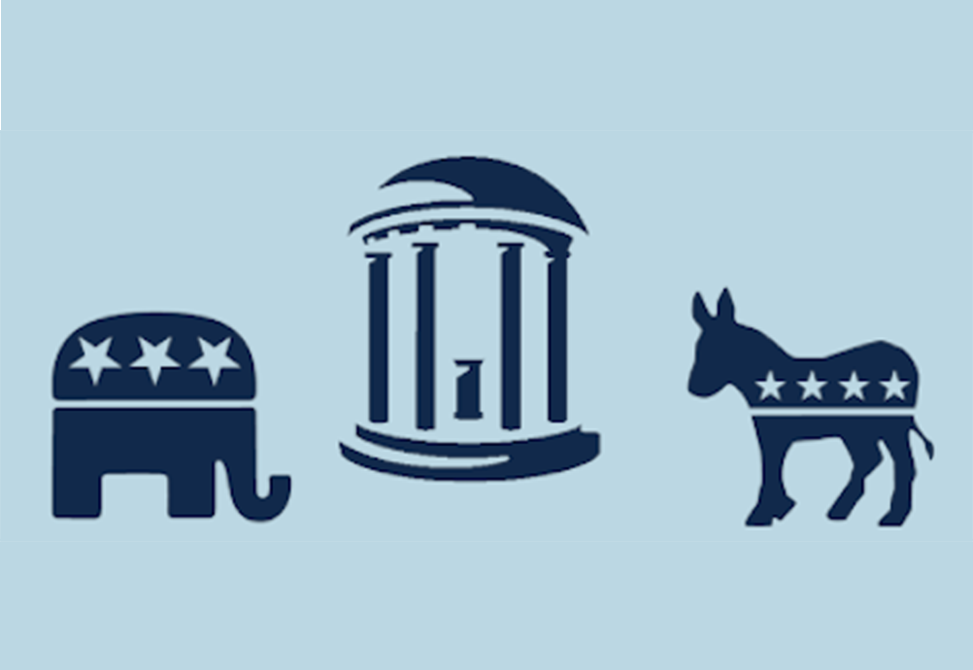Blog Archive
Blog Archive
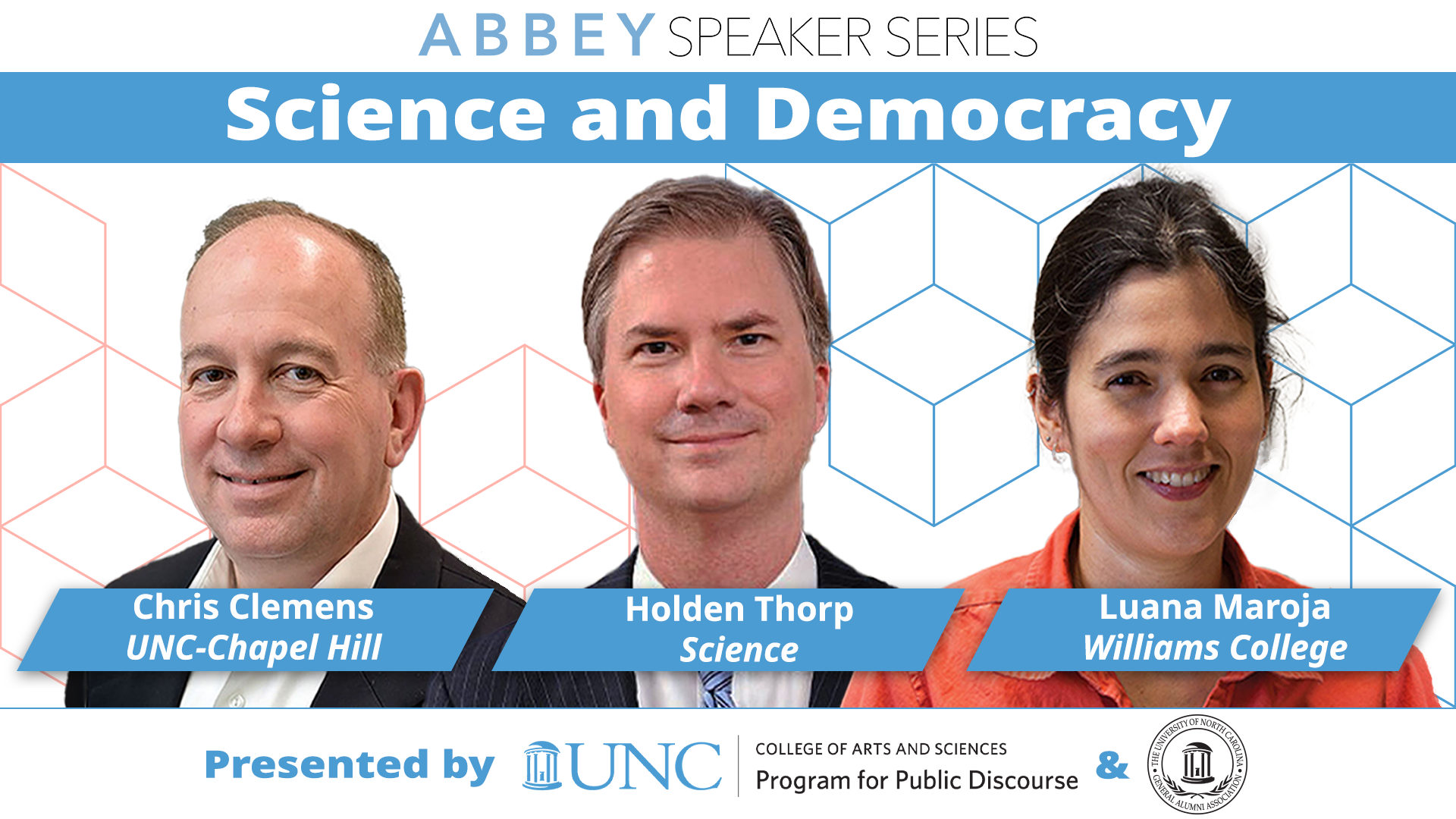
Across the Conversation – an overview of “Science and Democracy”
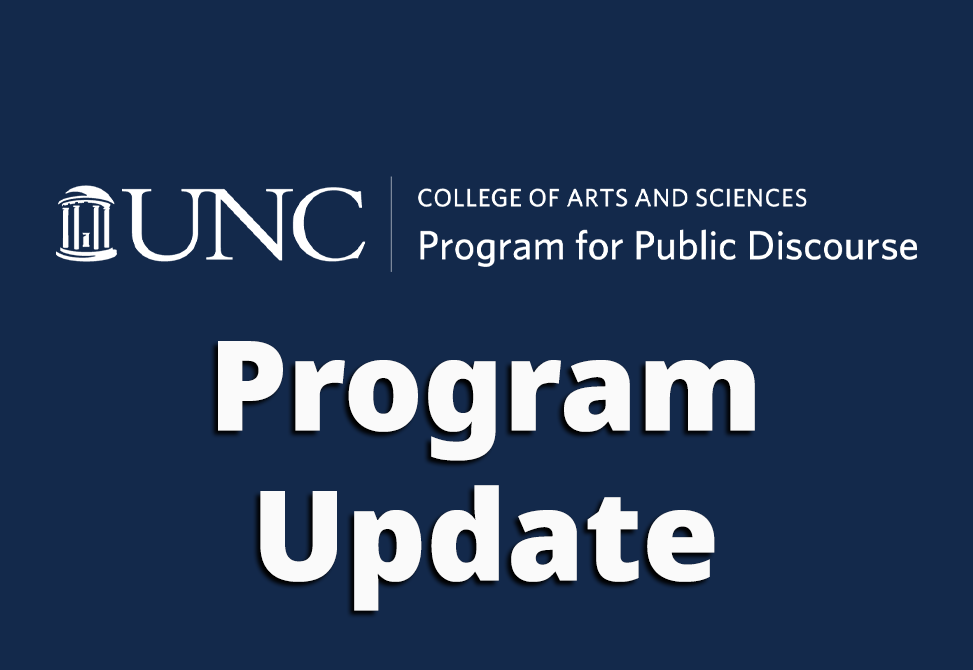
Kevin Marinelli discusses the meaning of civility and the power of disruptive protest on WCHL

2021 Year in Review
Introducing the Abbey Speaker and Debating Public Policy Series
Expanding collaboration across campus
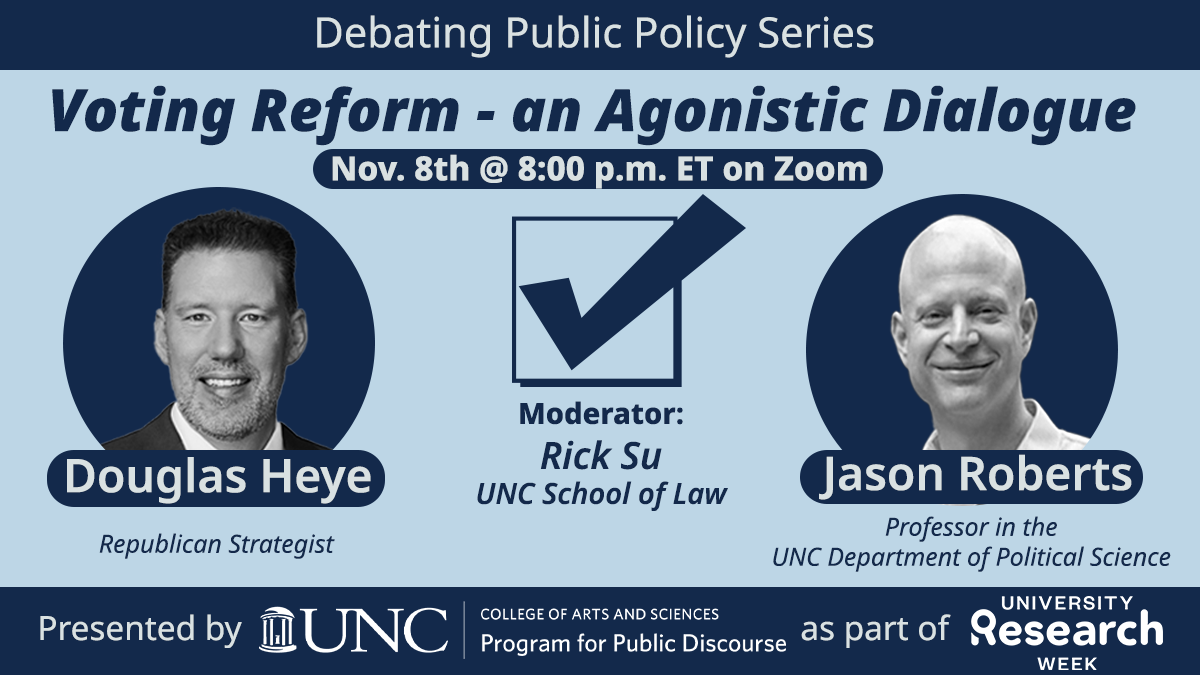
Across the Conversation – an overview of “Voting Reform – an agonistic dialogue”

Across the Conversation – an overview of our inaugural First Friday workshop

Announcing the theme for our 2021-2022 programming: Democracy and Public Discourse

The PPD Annual Report for the 2020-2021 Academic Year

PPD serves as resource in student-led civil discourse project pilot
- Media Exposure and Echo Chambers
- Cancel Culture and Political Correctness
- Heroes and Commemoration
- Protests and Civil Disobedience
- Gender, Identity, and Minors’ Civil Rights
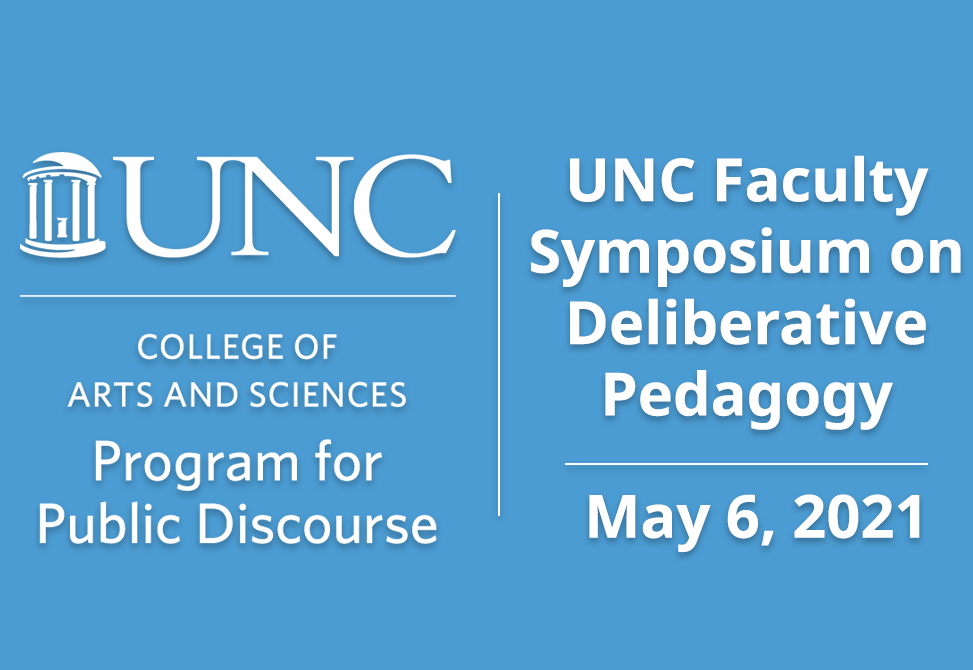
Across the Conversation – an overview of the UNC Faculty Symposium on Deliberative Pedagogy
- Communication Beyond Carolina
- Facilitating & Evaluating Public Discourse
- Engaging Race and Racism in the Classroom
- Student Perspectives on Dialogue and Debate
Communication Beyond Carolina
Nick Siedentop of the Office of Undergraduate Curricula< provides an overview of how UNC-Chapel Hill is implementing the new IDEAs in Action curriculum, how communication and collaboration are interwoven throughout, and which elements courses must have to qualify as part of the Communication Beyond Carolina component; Dr. Charlotte Boettiger of the Department of Psychology & Neuroscience offers a professor’s perspective on how instructors can build their courses around the Communication Beyond Carolina component, particularly the elements requiring that students learn how to adapt messaging for distinct audiences; and Dr. Erika Wise of the Department of Geography gives examples of how she’s successfully implemented the component into two of her own classes.
Facilitating & Evaluating Public Discourse
Engaging Race and Racism in the Classroom
Student Perspectives on Dialogue and Debate
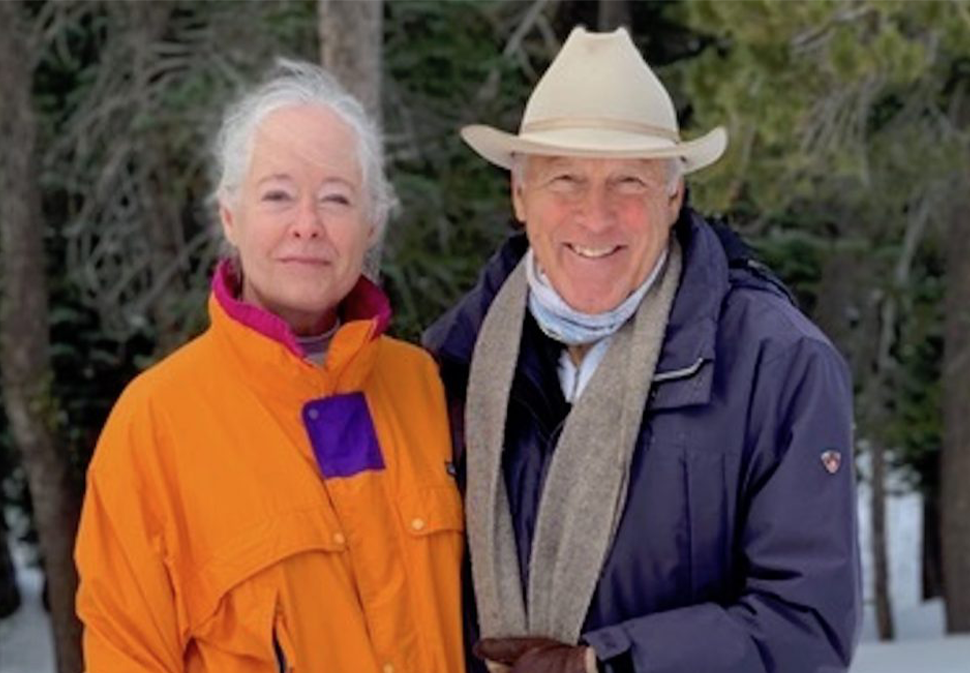
New speaker series at UNC-Chapel Hill will promote constructive public discourse thanks to $8M investment from Nancy and Doug Abbey
Nancy and Doug Abbey
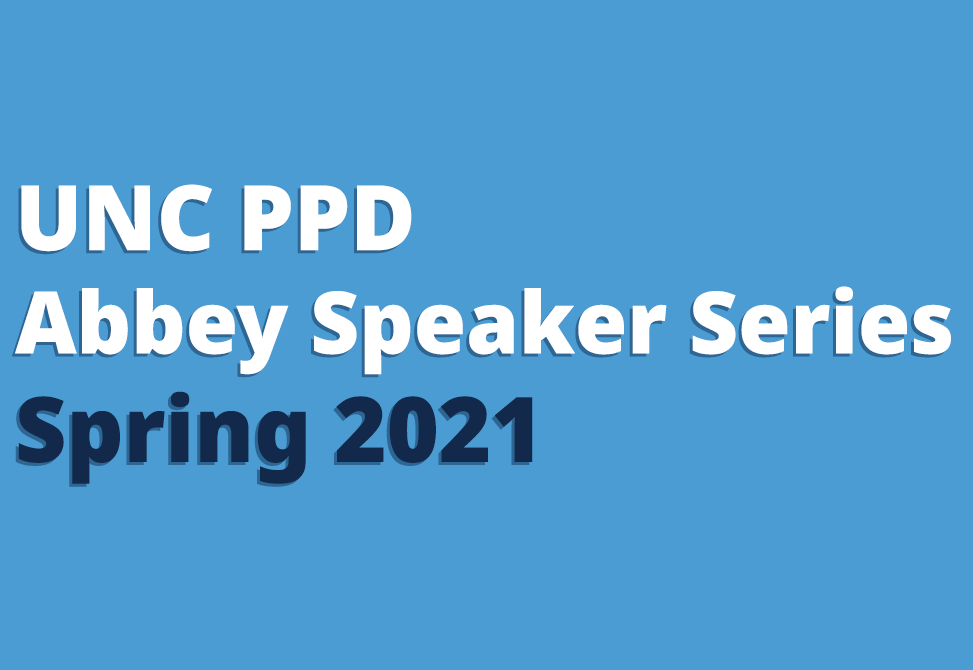
Announcing the Spring 2021 Abbey Speaker Series
Defining Racial Justice in the 21st Century: Competing Perspectives and Shared Goals
Moderator:
- Jamelle Bouie, The New York Times and CBS News
Panelists:
- Senator Valerie Foushee, North Carolina State Senate
- Touré Reed, PhD, Illinois State University
- Jacqueline C. Rivers, PhD, Seymour Institute for Black Church and Policy Studies
The Future of Conservatism
Moderator:
- Jed Atkins, PhD, Kenan Institute for Ethics at Duke University
Panelists:
- Patrick Deneen, PhD, University of Notre Dame
- Yuval Levin, PhD, American Enterprise Institute
- Daniel McCarthy, Intercollegiate Studies Institute
- Ashleen Menchaca-Bagnulo, PhD, Texas State University
Reflecting on 2020, Looking to 2021
